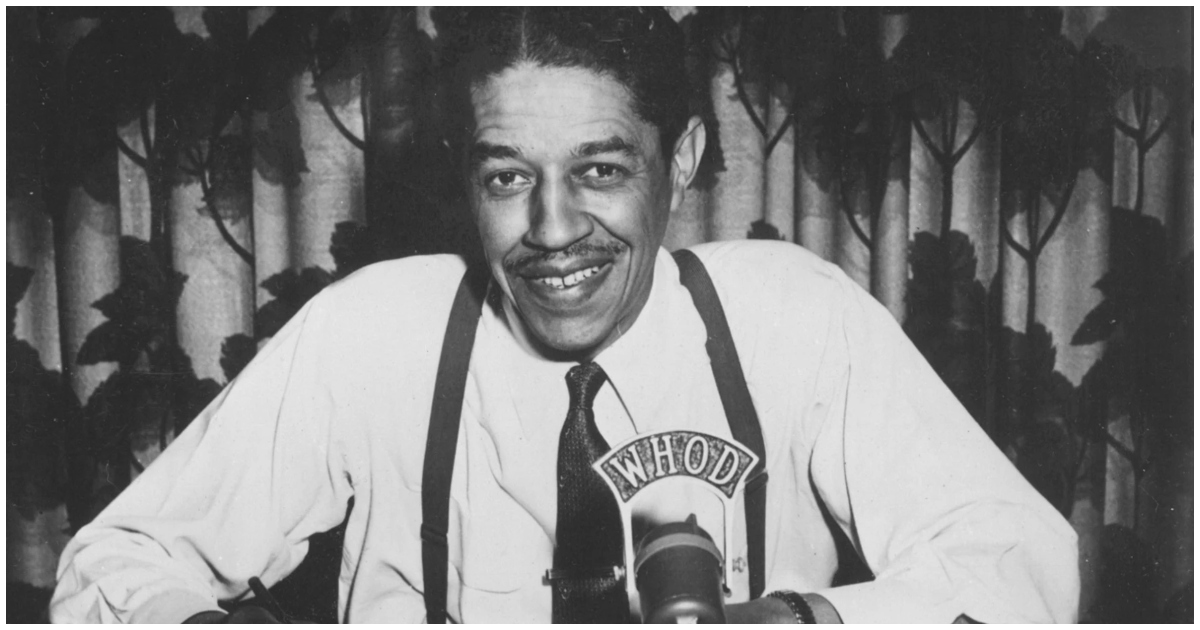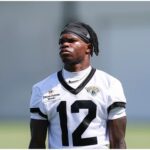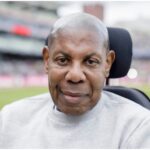Mal Goode made history in 1962 when he became the first Black reporter for a national TV network. His groundbreaking debut came unexpectedly, as he covered the Cuban Missile Crisis for ABC News.
This milestone is now being revisited in a new biography, “Mal Goode Reporting,” by Liann Tsoukas and Rob Ruck.
From Homestead to Broadcast Pioneer
Born in 1908 to a steelworker father and schoolteacher mother, Goode’s journey began in Virginia. He later moved to Homestead, Pennsylvania, where he balanced work and education. Despite facing racial barriers, Goode persevered and graduated from the University of Pittsburgh.
Goode’s broadcasting career started at KQV radio, representing the Pittsburgh Courier. His distinctive bass-baritone voice and public speaking skills quickly made him “the Black voice on the Pittsburgh airwaves.” Goode used this platform to advocate for desegregation and social justice.
Breaking the Color Barrier in Network TV
Goode’s transition to television was not easy. Despite being “built for TV,” as co-author Tsoukas notes, he struggled to find salaried work in the lily-white world of 1950s local TV. His breakthrough came through an unexpected connection.
Jackie Robinson, who had broken baseball’s color line, pressured ABC to hire a Black reporter. After a national search, Goode was chosen. He started at ABC’s UN bureau in September 1962, marking a significant moment in television history.
The Cuban Missile Crisis: An Unexpected Debut
Weeks into his new role, Goode found himself at the center of a global crisis. With the Cuban Missile Crisis unfolding, he was thrust into the spotlight. On October 28, 1962, Goode made his television debut, reporting on the tense situation.
“It’s a beautiful Sunday morning in October here in New York, but I can’t tell you what’s going to happen before the sun goes down,” Goode reported. This moment not only launched his TV career but also opened doors for future Black journalists.
Legacy and Impact on Journalism
Goode’s 11-year career at ABC was marked by significant interviews and coverage of major events. He interviewed figures like Malcolm X and Robert F. Kennedy. Goode also covered pivotal moments in the civil rights movement, including Martin Luther King’s Poor People’s March and King’s assassination.
His ability to connect with a wide range of people, from community members to civil rights leaders, set him apart. Wayne Dawkins, a journalism professor at Morgan State University, notes, “Because he was so well respected, he had a rapport with the top leaders in the civil rights movement, but he also had rapport with that everyman or everywoman in the community.”





